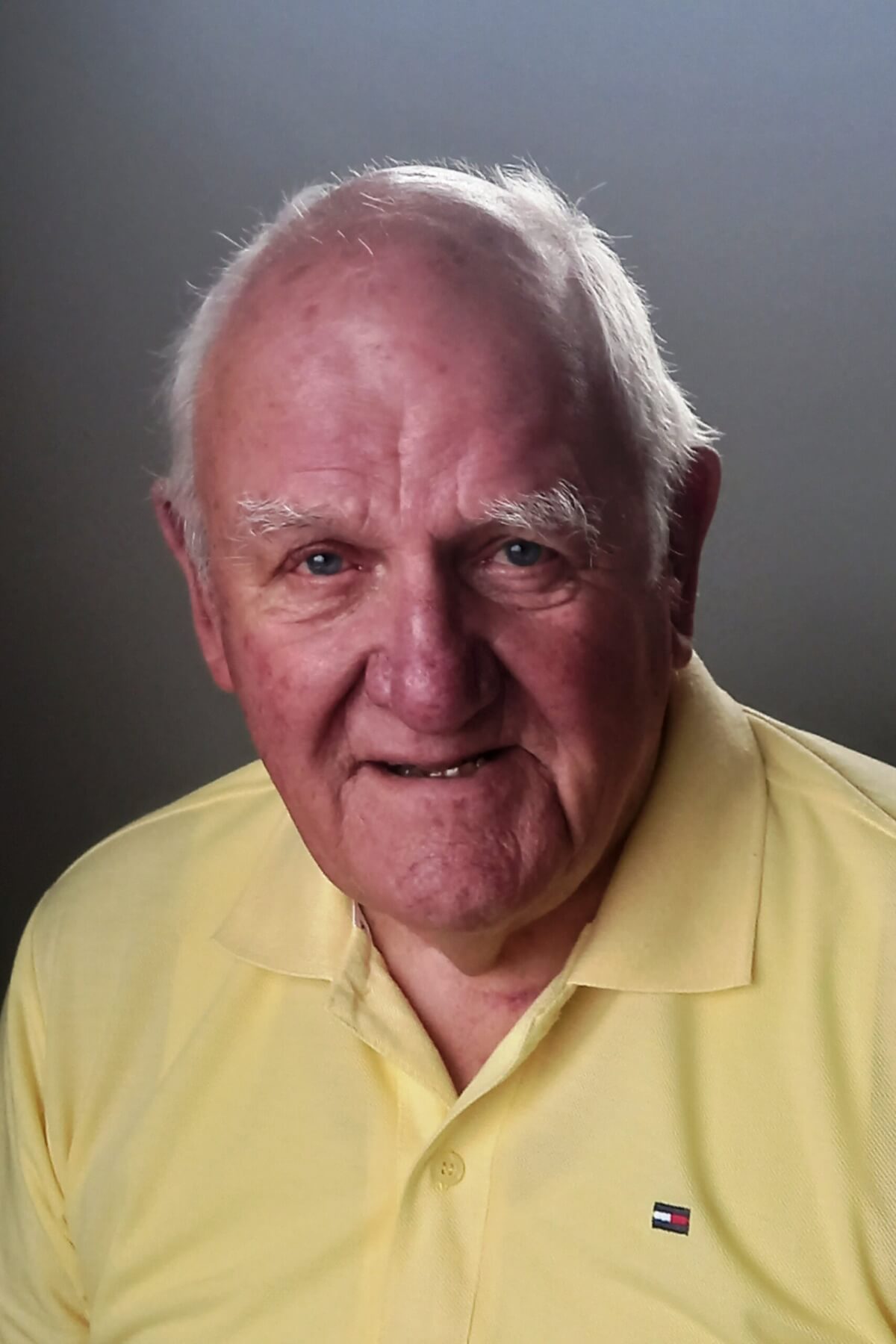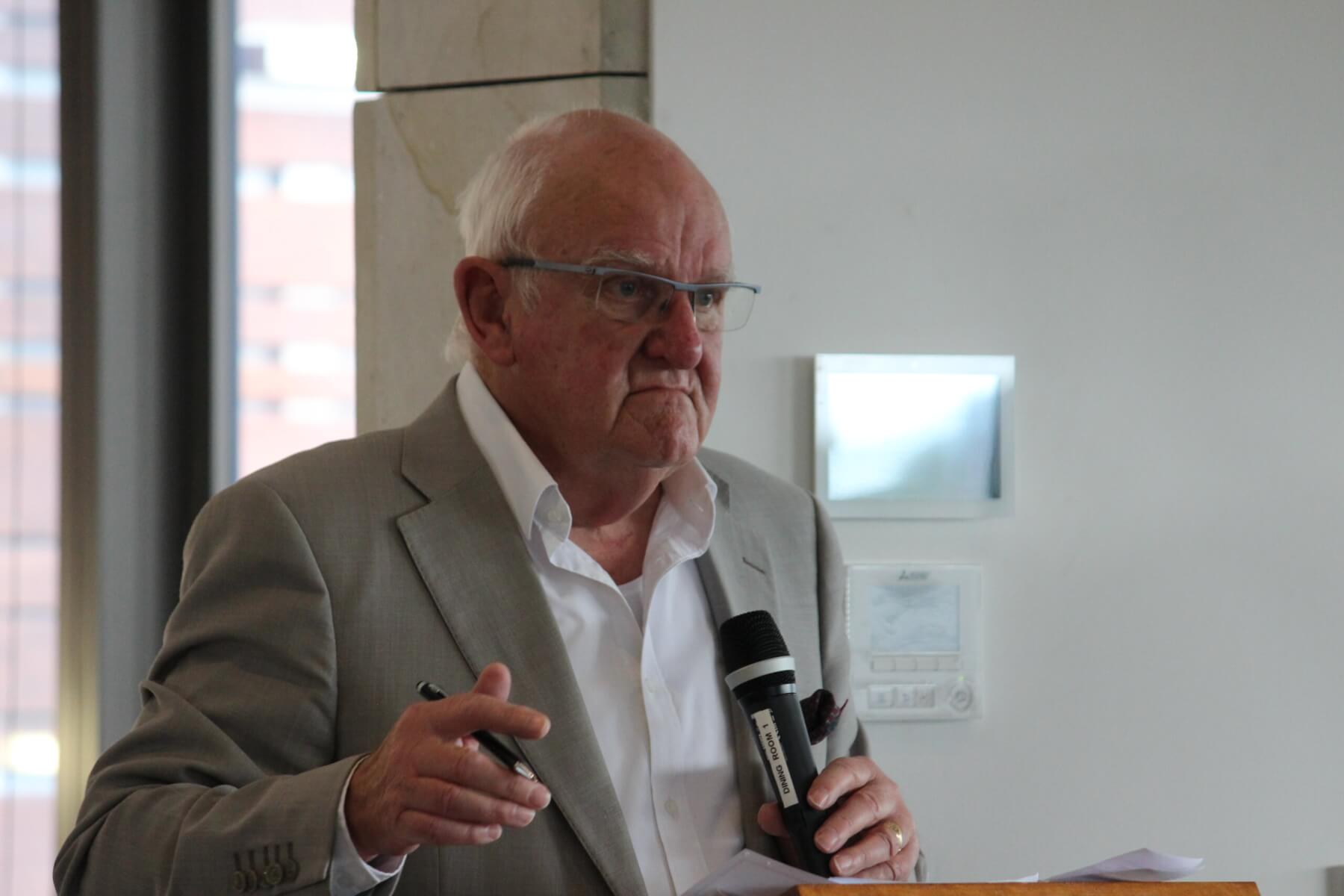
Waipa meeting
Waipā District Council is being driven by the mayor to consider reviewing the numerical membership at the board table. And full marks to her for putting that matter up for discussion.

Peter Carr
This begs the next question – how voters will gain a grasp of understanding the governance skills that prospective councillors hold other than a set number of words written by the candidates themselves. What a ridiculous charade. No wonder the public has little faith in the system as portrayed by the appallingly low turnout in the 30’s percentile each three years.
So, there are two options given that we are hopefully moving towards – being a tighter structure and minor matters being devolved further to community groups. Currently councillors spend far too much time in discussion on matters that are either minor or, sadly, should be being handled by council staff. Clearly the word ‘governance’ is not understood.
To assist this positive move, we should be discussing how, as voters, we can gain a fuller understanding of the real worth – in governance terms – of candidates who should be prepared to be assessed prior to the election. This by an independent body who can than publish their views for voter consideration.
Fonterra has a two-level system which is worthy of application. Firstly, all candidates for board director roles are left in no illusion as to what skills and experience they must employ. A number are then assessed by an independent panel as to their worth for consideration prior to election by shareholders. That said there is still an avenue for others who do not wish to be assessed but can still stand and take a risk of not being elected.
Now a further option could – and perhaps should – be that the number is reduced alongside the mayor’s proposal and be joined at the Board table by two appointed directors with proven governance skills. Business experience, risk management awareness, leadership, financial grasp, value track record and corporate sustainability are but a few of the key attributes that would be required of these two governance appointees. This is not rocket science but sheer common sense.
Further councillors in many districts hang on tenaciously to their seats to a point of longevity where their usefulness and ability for fresh ideas peter out. So why not put in a dictum that states that no elected person shall be able to last for more than 12 years – being the equivalent of four elections?
Councils in this country tend to be manned by staff who are cautious in their decision making, slow to react and driven by an awareness that their recommendations will be quizzed by elected people who are not, in some cases, fit for purpose. This begats frustration and bureaucracy, poor group think and derision from the public. Some of the latter often becoming self-appointed experts but not prepared to put in the time to deliver value observations.
We have until the middle of next year to bring forward a sound structure which is well prepared, well investigated and well respected. The further matter of a Māori ward referendum will no doubt be set by the National led government.

Peter Carr was the MC at one of the mayoral candidate meetings in 2022. Photo: Mary Anne Gill.








